
Approximately $5.65 billion in commercial real estate loans have been modified with extensions in 2023, with nearly 73% of the total from the office sector, according to a recent Trepp report. The rise in loan extensions—sparked by higher interest rates, lower valuations, and remote work—also come at a time when commercial mortgage-backed securities (CMBS) have been subdued. (Trepp CRE Research Report)
Modification Trend
Roundtable Advocacy
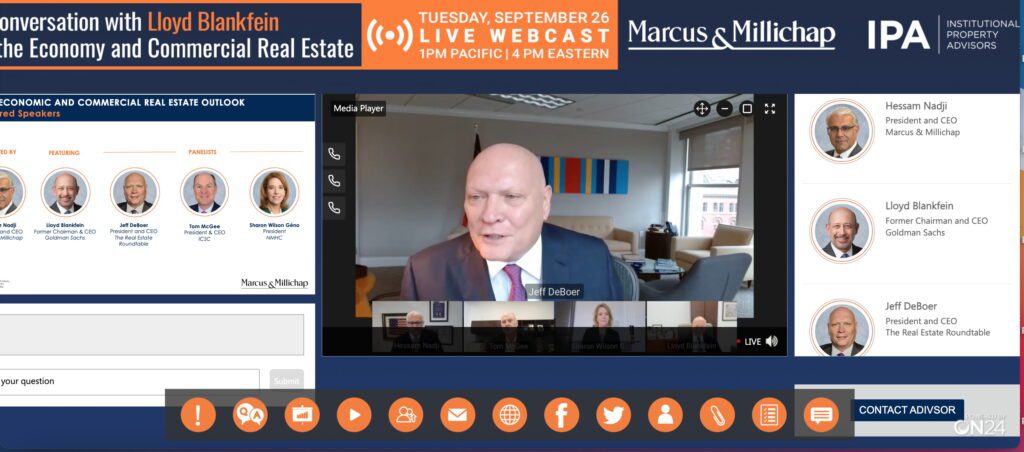
Capital and credit policy issues facing CRE, especially office assets, will be among the topics discussed during The Roundtable’s Oct. 16-17 Fall Meeting (Roundtable-level members only) in Washington.
# # #
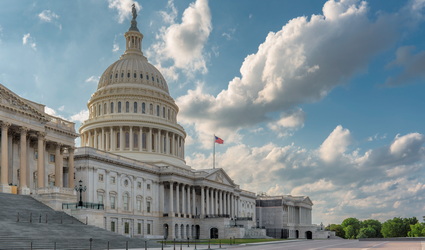
A partial government shutdown looks likely to begin after midnight on Sept. 30 as House and Senate policymakers pursue different short-term funding bills amid hardened resistance from conservative Representatives to pass any continuing resolution (CR) without certain concessions. (The Hill’s live updates and ABC News Sept. 29)
Lapse in Program Funding
Shutdown Uncertainty
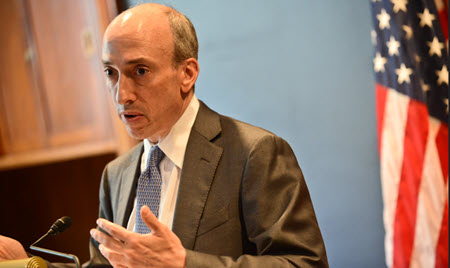
The Roundtable’s Fall Meeting on Oct. 16-17 (Roundtable-level members only) will address numerous regulatory proposals impacting CRE, and assess the state of the economy and capital markets in the wake of a potential shutdown.
# # #

This week, the White House’s climate policy chief announced the imminent release of voluntary, uniform federal-level criteria for “Zero Emissions Buildings.” The “ZEB” definition could bring much-needed consistency to help CRE owners and investors establish long-term goals for buildings that align with varying climate programs adopted across numerous jurisdictions and international frameworks. (Washington Post, Sept. 28)
Proposed ZEB Definition in October
Federal Consistency is Essential

A Climate Priority for CRE

The Roundtable will continue to work with our partner organizations and develop comments on the ZEB definition upon its anticipated release next month.
# # #
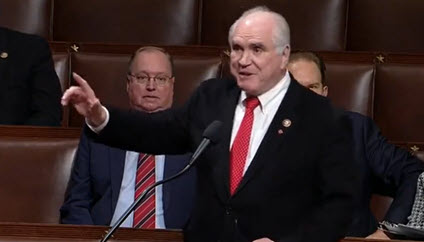
Bipartisan legislation introduced this week by a group of House policymakers would update and amend the Opportunity Zones (OZs) program. The Roundtable-supported bill (H.R. 5761), if enacted, would extend the tax deferral date for OZ investments from the end of 2026 to the end of 2028, expand transparency and reporting requirements, and authorize investment structures that permit an Opportunity Fund to own and operate multiple real estate assets. (House OZ bill text)
Roundtable Support
2023 OZ Reforms
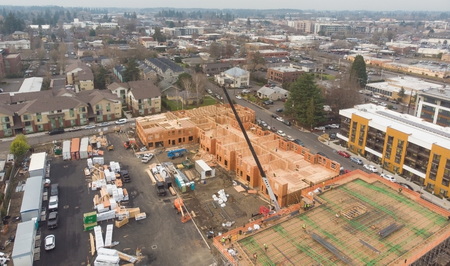
Prospects for the 2023 bill are uncertain, but the legislation is a likely candidate for consideration if, and when, House and Senate Leaders sit down to negotiate an end-of-year tax package that focuses on expired provisions—such as the expanded child tax credit, the expensing of R&D costs, and bonus depreciation.
# # #